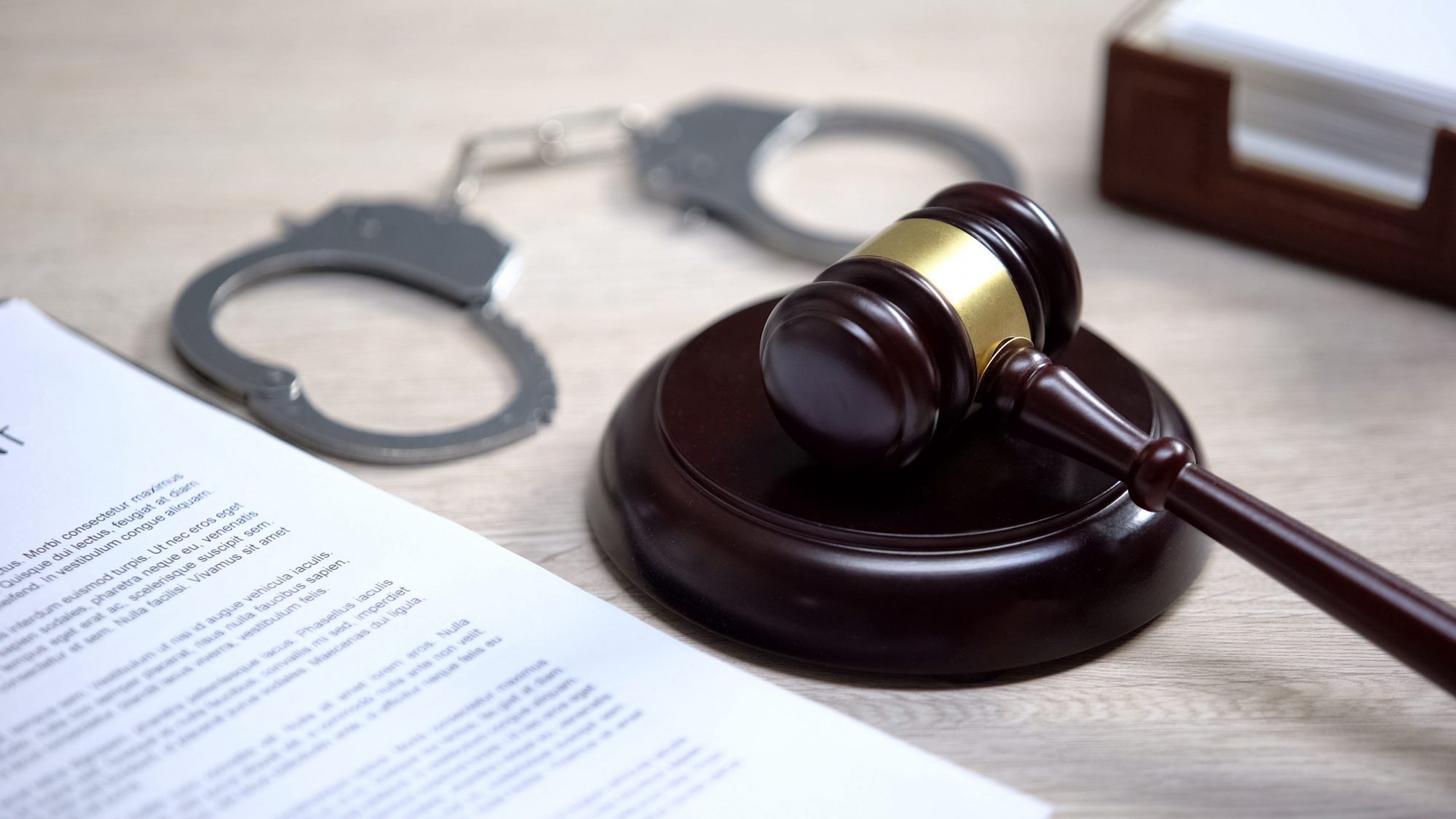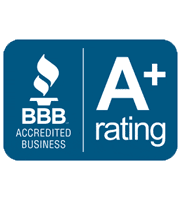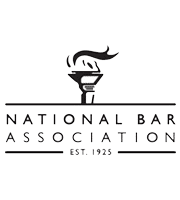Wrongful Convictions

WE ARE READY TO HELP
WRONGFUL CONVICTIONS
After the stress and emotion of going through a wrongful prosecution, a conviction can be heartbreaking. If you or a loved one has been subjected to a wrongful conviction, do not give up hope. A Joliet civil rights attorney can help you explore all possible options for post-conviction relief. There are many options that could get you a new trial, suspend your sentence (or part of a sentence through clemency), or even expunge a conviction from your record altogether.
Wrongful Conviction Cases
There are many options that are appropriate for different circumstances. You can achieve different goals that can help you get a fresh start after a wrongful conviction. Here are just some of the many options for post-conviction relief:
Direct Appeal
You have the right to appeal a wrongful conviction. Your lawyer might find improper police procedures or prosecutorial conduct. There might be questions about witnesses or evidence that was admitted against you at trial. You might even be able to appeal legal determinations made by the judge during trial (such as ruling on the attorneys’ objections). Appeals are usually made to the appropriate Illinois Appellate Court. In certain cases, appeals can be made directly to the state’s Supreme Court, though this is rare.
Suspended Sentencing
Judges have a certain amount of discretion in ordering sentences. In plea agreements, the parties might agree to a sentence, or the prosecutor might agree to recommend a lower sentence. Other matters usually fall under a sentencing window. In these cases, it is up to the judge to determine how long to sentence the defendant to prison or probation. A judge sometimes has the discretion to suspend part or all of a sentence in order to obtain a defendant’s compliance with release conditions. This can be a helpful tool for dealing with a wrongful conviction.
Clemency and Pardons
The Governor of Illinois holds the power of Executive Clemency. State felonies and misdemeanors are all eligible for review. (The governor holds no jurisdiction over federal convictions or convictions made out of state.) It is important to understand that accepting executive clemency can be considered an admission of guilt. The conviction will remain on your record unless you apply for – and separately obtain – an expungement of the conviction.
Expungement
An expungement is the official sealing of a court record related to a conviction. The process formally removes the conviction from your record. It cannot be disclosed on public records requests and will not be revealed unless someone gets court permission to reopen the sealed documents (which is rare). Unfortunately, an expungement does not mean that the conviction never happened. You did not have the opportunity to prove that the conviction should not have been entered in the first place. But expungements are very helpful in simply getting back your daily life. More opportunities in education, employment, housing, and even financial services will be available to you if a conviction is expunged.
The Right Wrongful Conviction Attorney For Joliet Post Conviction Relief
The Pinkston Law Group fights wrongful convictions in Joliet. Call (773) 770-4771 or visit our website today to schedule your consultation.

EXPERIENCED WORKERS COMP & PERSONAL INJURY ATTORNEY
Whether you’re dealing with a workers’ compensation claim, a civil rights violation, or a personal injury case, you and your family’s best interests are our top priority. Ms. Danielle A. Pinkston of Pinkston Law Group utilizes her extensive legal knowledge to resolve your case, no matter how complex it may be. We share your goals and work closely with you, delivering the exceptional services you need.
- Innovative solutions to your most pressing challenges.
- Individualized legal advice you can depend on.
- Skilled representation in a wide range of practice areas.
Need Help?
Check Out More
Practice Areas
Personal Injury
Injury lawyer who is ready to help those who have suffered as a result of an auto crash or other personal injury.
Workers
Compensation
A skilled workers comp attorney ready to vigorously advocate for those injured on the job.
Civil Rights
Aggressive and dedicated civil rights attorney helping individuals get the justice they deserve.


















